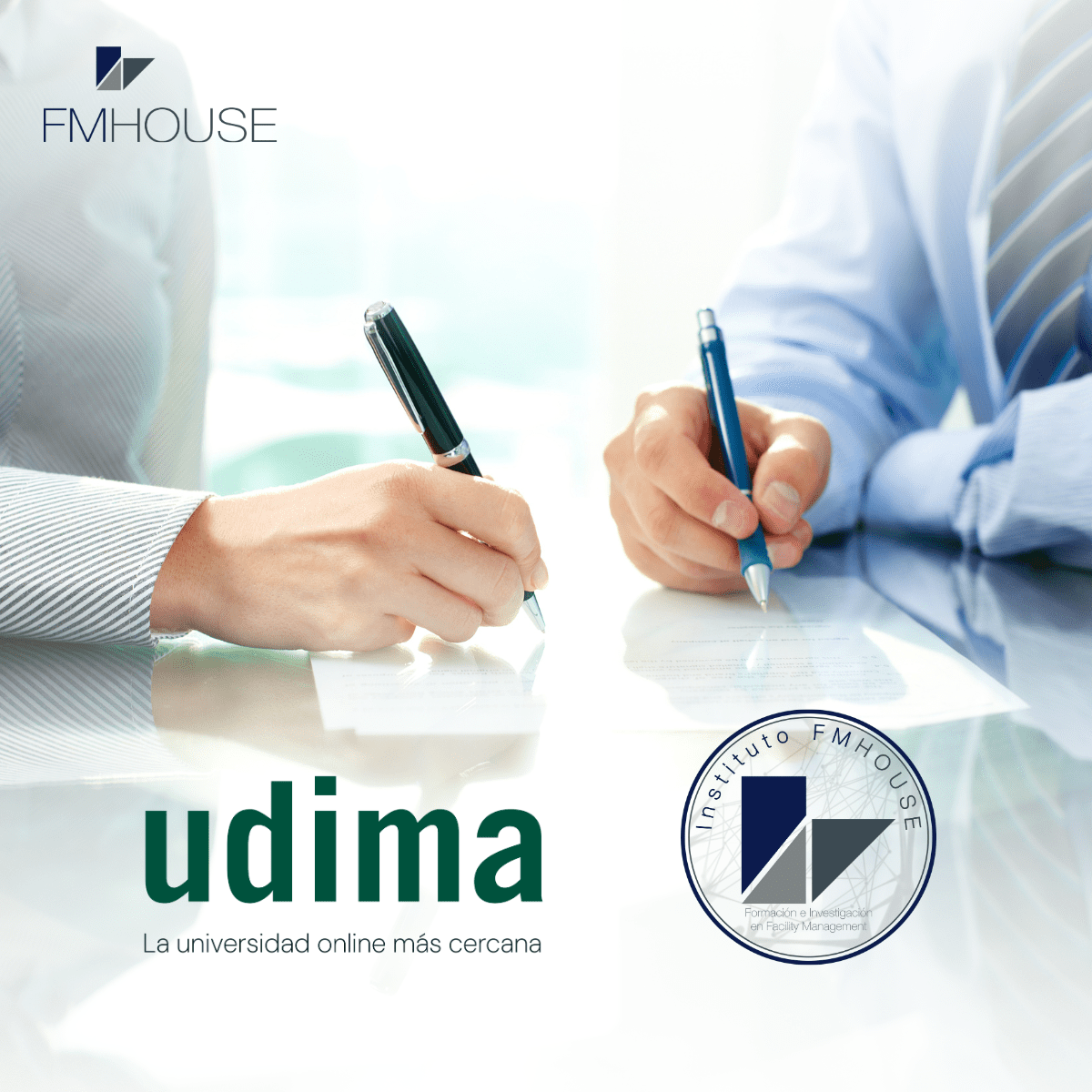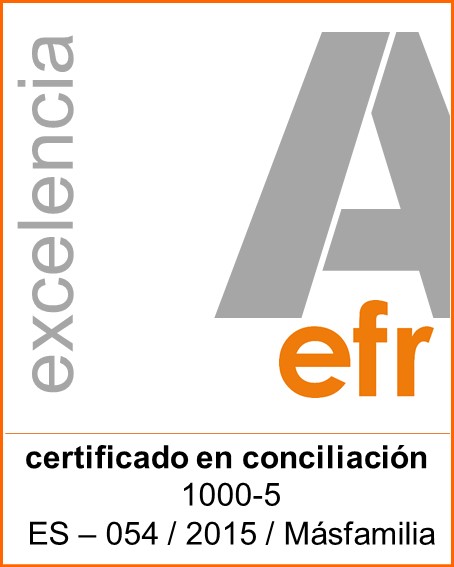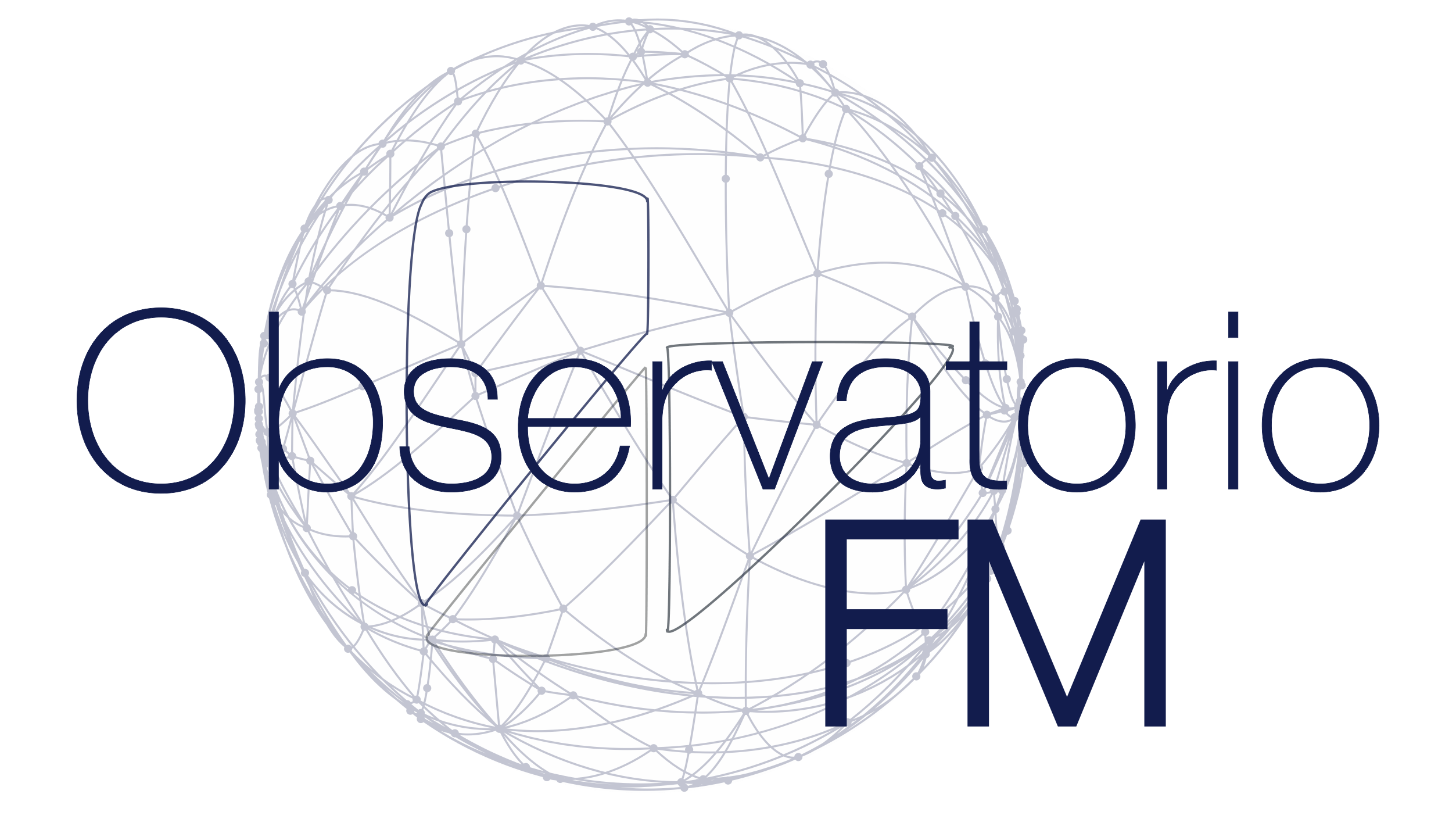Technology is revolutionising the field of Facility Management (FM), introducing tools that enhance efficiency and sustainability. In this article, we examine how digitalisation, training, and consultancy are redefining FM activities, offering a comprehensive analysis of the current state and challenges faced by this sector. The key to this transformation lies in professionals’ ability to adapt to new technologies and optimise companies’ energy footprint. But what are the most relevant aspects driving this evolution? Let’s outline these points for further discussion.
Digitalisation: the pillar of innovation
Digitalisation has become a crucial factor for the development of FM departments. According to recent studies, a significant percentage of companies have implemented digitalisation projects, although adoption in FM is more moderate. Most FM departments have between three and five ongoing initiatives, indicating a positive trend, but also reflecting room for improvement.
The use of advanced technologies not only optimises processes but also allows for more effective management of energy resources. Digital solutions, such as real-time consumption monitoring and data analysis, facilitate the identification of opportunities to reduce carbon footprints. Thus, digitalisation not only improves operational efficiency but also contributes to a more sustainable environment.
Training and consultancy: keys to adaptation
Continuous training is essential to ensure that FM teams can effectively utilise new technologies. A lack of knowledge and skills can be a significant barrier to the adoption of innovations. Therefore, it is crucial to invest in training programmes that equip professionals with the necessary digital tools and change management skills.
Consultancy plays a complementary role by providing specialised advice on how to implement and optimise these technologies. Through close collaboration with experts, companies can receive personalised recommendations that align their FM objectives with industry best practices. This not only enhances resource management but also increases user satisfaction by creating more functional spaces tailored to their needs.
Desafíos en la implementación tecnológica
Despite advancements, significant challenges remain that companies must overcome to achieve successful technology implementation in FM. The costs associated with digitalisation can be high, and obtaining budget approvals often becomes a complicated process. Moreover, change management is a critical factor. Many organisations resist adopting new technologies due to a corporate culture that prioritises stability over innovation.
The complexity of technologies can also pose obstacles. Technical aspects, such as data security and system interoperability, require special attention to prevent them from becoming barriers. Therefore, it is vital for FM leaders to develop strategies that address these challenges, ensuring a comprehensive approach that promotes digitalisation and continuous improvement.
Conciliación y satisfacción del usuario
Balancing work and personal life is an increasingly relevant aspect in FM. Digital technologies can facilitate this balance by offering solutions that enhance the work environment and user experience. The implementation of systems that enable flexible space management, as well as applications for resource booking, contributes to creating a more user-friendly and productive workplace.
User satisfaction is a critical indicator of the success of any FM initiative. In one of our recent reports on digitalisation in Spain, it is highlighted that the ease of use and accessibility of new tools are fundamental to ensuring that users adopt and maximise these technologies. Listening to user demands and providing tailored solutions is key to fostering a positive and efficient work environment.
In conclusion, digital transformation in Facility Management is underway, and its success will depend on professionals’ ability to adapt to new tools and approaches. Digitalisation, training, consultancy, and attention to user satisfaction are fundamental pillars that will enable companies to optimise their operations, reduce their energy footprint, and improve work-life balance. With a well-designed strategy, FM can become a driver of innovation and sustainability in today’s business environment.









